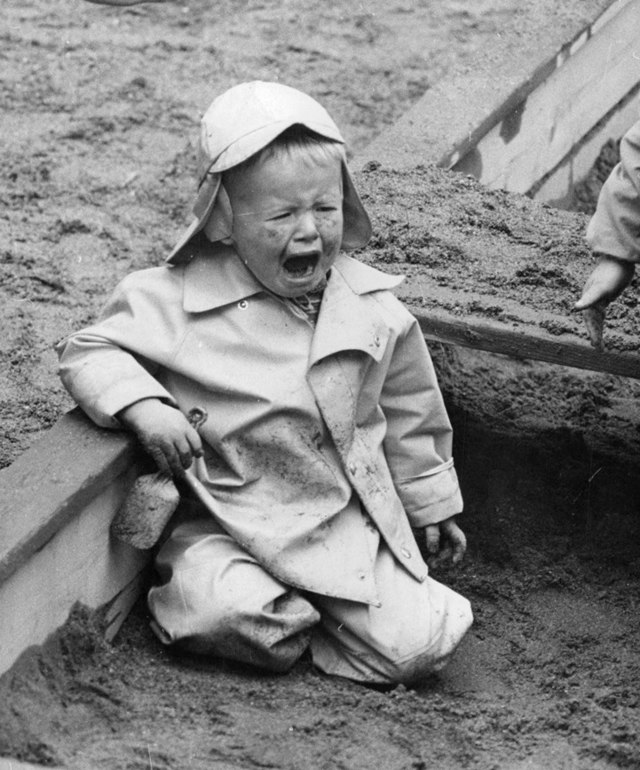
By Ainsley Feeney
I’ve been staring at the blinking cursor on a blank Google Doc for an hour and a half. I love writing so why can’t I get words on this page? I skipped my favorite class this morning because I couldn’t muster up the will to get out of bed, even though I got eight hours of sleep last night. I’ve had three migraines in the past three weeks. When I come home from classes I can barely take my mask off before collapsing into bed. I forget to take my medicine, brush my teeth, take a shower, or call my mom.
I am not OK. But I am not alone.
Americans greet each other by asking “how are you?” without really wanting an honest answer. It’s a mutual understanding; we’re not really asking, and you’re not really telling us. The exchange of surface-level pleasantries rolls off the tongue: “Doing well! How are you?” Only if you’re close to someone will they ask, “no, how are you really?”
As college students, we have begun to skip the formalities. The typical, “oh, I’m fine,” has been replaced with a sigh, a wry laugh, or a “oh, you know how it is.” And I do.
Time spent with friends is now haunted with a spectre of essays, practices, housing applications, and personal problems. Classes, no matter how interesting the subject is, have become chores. Showers and exercise are reduced to items on a to-do list. The walk to get lunch at the SUB gets a bit longer each time. Sleep is our best friend; our alarms, our mortal enemies. The phrase “I just need to make it to the weekend,” echoes in our heads.
We are not OK. But we are not alone.
The National Alliance on Mental Illness (NAMI) reports that 73% of college students have experienced a mental health crisis. Active Minds, a mental health advocacy group for college students, says 80% of college students feel overwhelmed and 45% feel hopeless. Furthermore, Active Minds also reports that 1 out of 3 college students have felt “so depressed that they have had trouble functioning.”
I know I’ve been there. I know my friends have been there. These statistics are bleak, but the statistics surrounding responses to mental health–both personal and institutional– are even worse.
NAMI reveals that while 50% of students rate their mental health as “below average or poor,” 40% of students fail to seek help either from the school or elsewhere. The Huffington Post reports that the ratio of counselors to students at small schools–like the University of Puget Sound–is 1:1,000-2,000. Not only are we struggling, but we’re struggling in silence.
My inclusion of statistics is a formality. We don’t need them to know that the mental wellbeing of college students is collapsing. We see it in each other’s posture, eyes, and social media pages.
Despite all this, I don’t believe all hope is lost. Now is the time to take radical action surrounding mental health. The time for empty “how are you” texts and one-off self-care sessions has passed. The University provides some mental health resources, but there’s no way all of us can take full advantage of them. It’s a scarce resource. Now is the time for us to lean on each other. While we can’t (and shouldn’t) be expected to take on the weight of other people’s mental illness, perhaps helping others work towards healing will help us heal ourselves.
Yes, we are not OK. But we don’t have to stay that way.
